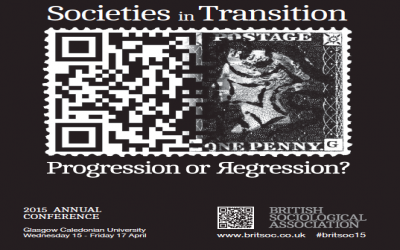BSA 2015 Annual Conference (Glasgow, 15/04/2015). British Sociological Association.

Contribution is a key element of Commons-Based Peer Production (CBPP) communities. This element becomes of even more relevance for those communities focused on the production of digital commons, which typically possess the characteristics of an economy of contribution, rather than an economy of gift (Wittel, 2013), as in the case of the Free/Libre Open Source (FLOSS) communities. Nevertheless, most of the literature on FLOSS has focused its attention on the most visible outcome of the contribution: the collaboratively built shared objects: source code, documentation, translations, user support, etc. However, less attention has been paid to those collaborative activities which Hardt (1999) defines as affective labour, referring to the immaterial labour present in human interaction which produces or modifies emotional experiences, including intangible assets, such as excitement, passion or the sense of community which have been identified as contribution motivators in FLOSS communities.
The goal of this study is to understand what kind of activities are perceived as contributions in the Drupal community, by carrying out qualitative research that could help to shed light on those other activities that have not been widely studied due to their lack of visibility. This aspect is specially critical in a community that has been characterised as "code-centric" (Zilouchian, 2011; Sims, 2013). We aim to analyse how the whole set of identified contribution activities are perceived and evaluated by the members of the community, as well as their representation or lack of it in the community's digital collaboration platform.